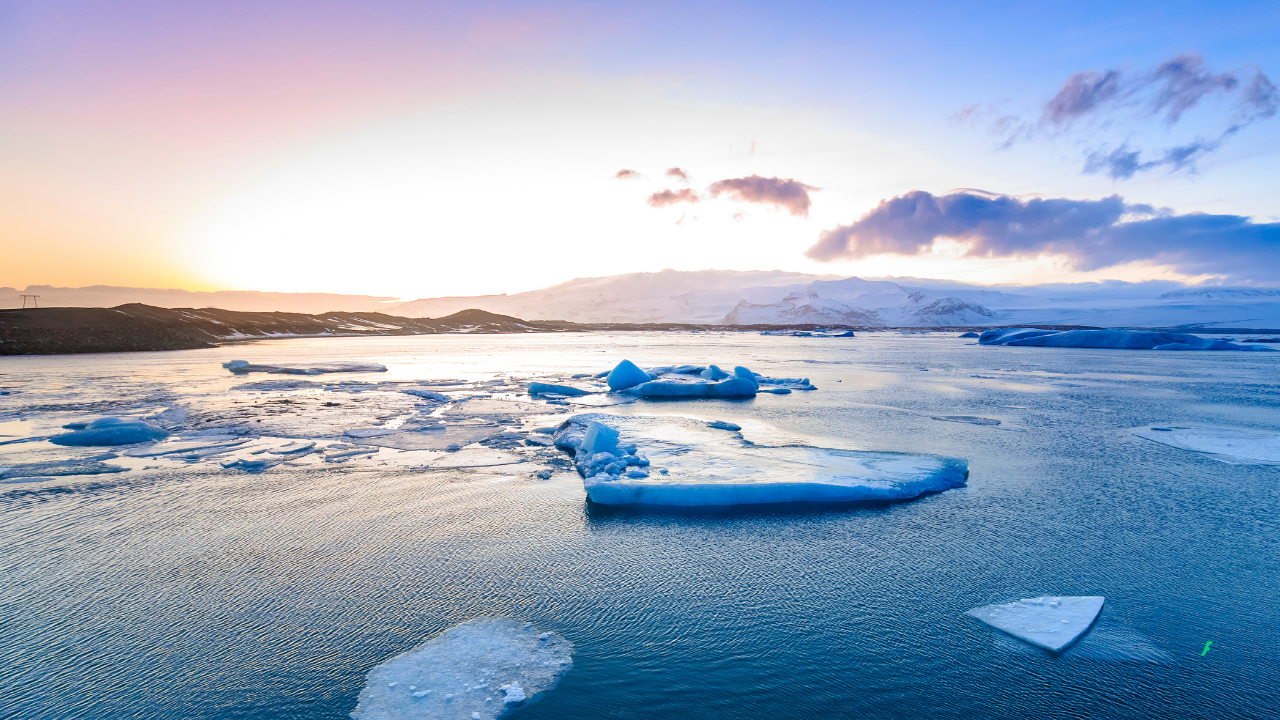More than Hot Air

Global Warming
Extreme weather changes globally have been alarming. It has been affecting harmony and health of the planet and its residents. But we often do not connect all these extreme events of cyclones, droughts, wildfires, heatwaves etc. to climate change.
It is true that not all these events occur due to prolonged environmental distress. But many of these events have been linearly linked to the changing climate of the planet. The intensified heatwaves and frequent wildfires are a testament of global warming.
Wildfires are hard to look past as their golden flames ultimately catch our attention, but we often ignore the heatwaves. Heatwaves are a period of abnormally high temperatures, i.e., when the maximum and minimum temperature stays unusually high for 3 or more days.
The world has been breaking all temperature records recently. After a comparatively cooler year due to the pandemic; 2021 and 2022 have been witnessing extreme temperatures. India and Pakistan experienced the highest ever recorded temperature of 50 degree Celsius this April and March. Even the uninhabited land of Antarctica encountered temperature as high as 18 degrees Celsius recently.
The consequence of a heatwave is more than the day getting a little hotter. It affects human health, agriculture, infrastructure, and environment. It often stimulates wildfires and droughts.
Heatwaves have proved to be fatal when combined with high humidity. Heat stress or stroke occurs when the human body fails to cool itself due to high temperature and humidity in the air. Children, people with chronic health conditions, and people with lower incomes are most vulnerable to heatwaves.
Heatwaves kill more Australians than any other natural hazard.
Animals also experience heat stress, which declines the health of livestock. Crops are adversely affected by these high temperatures. Periods of droughts gets elongated and are more common now.
India has also reported a 10–35% decline in crop yields in some parts of the country.
Extreme global temperatures have caused the destruction of many forests. These forests are a means of essential resources and livelihood for so many. Wildfires have burned down many agricultural lands too. Food security and livelihood of so many people are being put at risk with every rising degree.
In Spain, the 2019 heatwave sparked the worst wildfires in 20 years forcing evacuations.
Additionally, the demand for energy increases and the efficiency of producing energy decreases due to high temperatures. Unfortunately, that further contributes to global warming.
Cooling machines are also costly making the lower income population strata more vulnerable to heat. They are the ones who least contribute towards climate change but have to experience the worst of its consequences.
Unfortunately, experts have said that the worst is yet to come. Climate change will further increase the intensity, frequency, and extent of heatwaves. If we stay on the track that we are on right now, soon heatwaves would become 20 times more likely and 0.5–1.5 degrees Celsius hotter than what the world experienced in 2021.
Unfortunately, experts have said that the worst is yet to come. Climate change will further increase the intensity, frequency, and extent of heatwaves. If we stay on the track that we are on right now, soon heatwaves would become 20 times more likely and 0.5–1.5 degrees Celsius hotter than what the world experienced in 2021.
Sustainability becomes harder to achieve with these trends. But not impossible. Global Warming induced heatwaves are affecting terrestrial, aquatic, and aerial lives. Restoring temperature balance is our responsibility and there are plenty of ways which we can help.
First and foremost, we need to identify the most vulnerable populations and focus on reducing their adversity. Like, building cooling centers to offer relief to those who might lacks access to air conditioning. Secondly, we should invest in efficient and renewable energy sources to prevent furthering of global temperature rise. Architectural undertakings can also make a difference and help replace artificial cooling techniques. Widely adopting the idea of painting roofs white; avoiding plastic or tin sheets for buildings; and turning to traditional materials and techniques could make a significant difference.
Stilt houses in Assam not only helps people withstand floods but also uses passive cooling to protect residents from heat stress.
Implementation of solutions to heatwaves are an urgent need. But working on the problem at its roots is as important. Climate crisis is at play and taking it sincerely and making efforts to mitigate its consequences is our responsibility. One benevolent solution for high temperatures that doubles up as a solution to climate change is Planting Trees.
To encourage people for action, accountability, and responsibility towards our planet, FloCard has built the planters app. Whether you are a planter at a farm or an individual with a zeal for change; planters app will empower you to digitize and track every seed you plant.
If everyone of us became avid planters, we could drive change.
